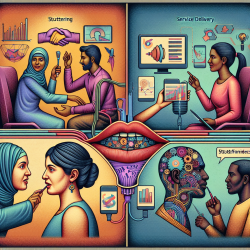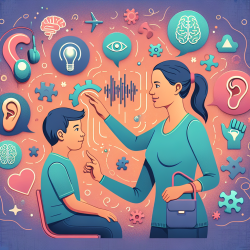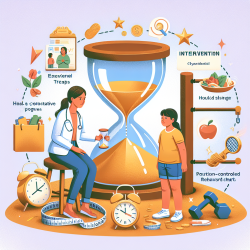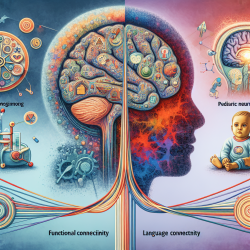The field of rare genetic disorders is continuously evolving, with new research shedding light on complex conditions that were once poorly understood. One such area of study is the autosomal-recessive TOR1A-related disorders. This comprehensive research not only expands our understanding of these disorders but also presents opportunities for practitioners to enhance their skills and improve patient outcomes.
Understanding the Clinical and Genetic Spectrum
The recent study titled "The clinical and genetic spectrum of autosomal-recessive TOR1A-related disorders" provides a detailed analysis of 57 individuals from 40 families with biallelic variants in the TOR1A gene. These findings reveal a broad phenotypic spectrum ranging from mild motor impairments and normal cognition to severe congenital arthrogryposis, global developmental delay, and early death.
The study identifies core clinical features such as flexion contractures, developmental delay, and motor symptoms present in most individuals. Additionally, it highlights potential predictors for disease severity and survival, offering valuable insights for practitioners working with affected individuals.
Applying Research Outcomes in Practice
For practitioners, understanding the clinical manifestations and genetic underpinnings of TOR1A-related disorders is crucial for accurate diagnosis and management. The study's findings can be integrated into practice by:
- Enhancing Diagnostic Accuracy: Familiarity with the phenotypic spectrum allows practitioners to recognize early signs of TOR1A-related disorders, facilitating timely diagnosis and intervention.
- Personalizing Treatment Plans: Knowledge of genotype-phenotype correlations enables practitioners to tailor treatment plans based on individual patient profiles, improving outcomes.
- Supporting Families: By understanding the genetic basis of these disorders, practitioners can provide families with accurate information about prognosis and potential interventions.
- Encouraging Further Research: The study underscores the need for ongoing research to explore therapeutic options and improve quality of life for affected individuals.
The Role of Online Therapy Services
TinyEYE's online therapy services play a pivotal role in supporting schools and practitioners dealing with TOR1A-related disorders. By providing accessible therapy options, TinyEYE helps bridge gaps in care and ensures that students receive the support they need to thrive academically and socially.
A Call to Action for Practitioners
This research serves as a call to action for practitioners to stay informed about advancements in genetic research. By integrating these findings into their practice, they can enhance their skills, offer more effective interventions, and contribute to the broader understanding of rare genetic disorders.
The clinical and genetic spectrum of autosomal-recessive TOR1A-related disorders










